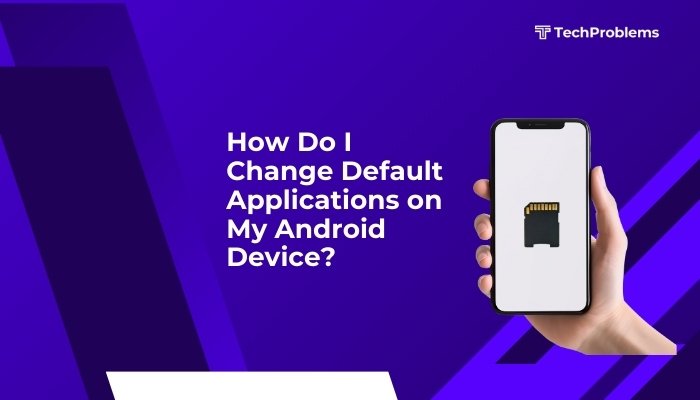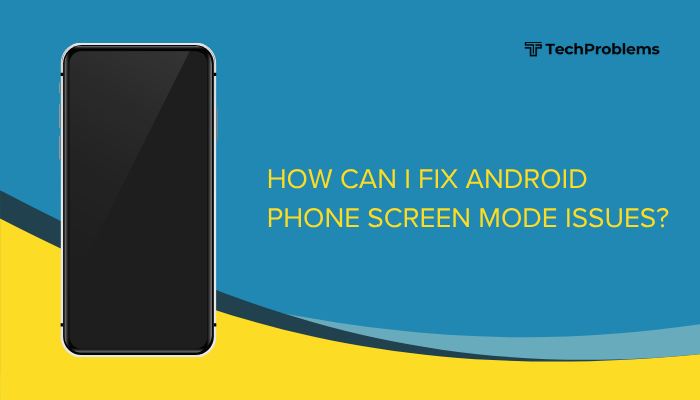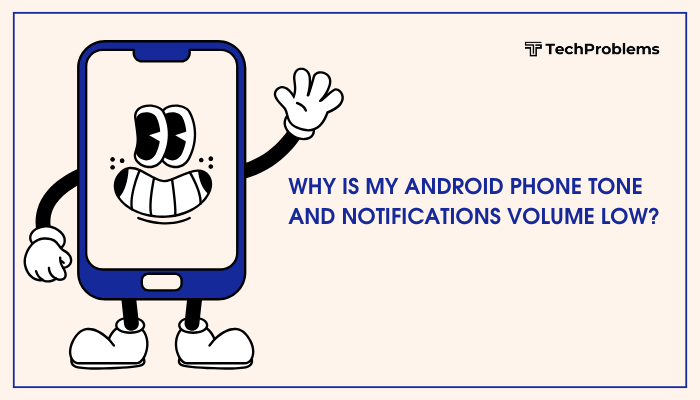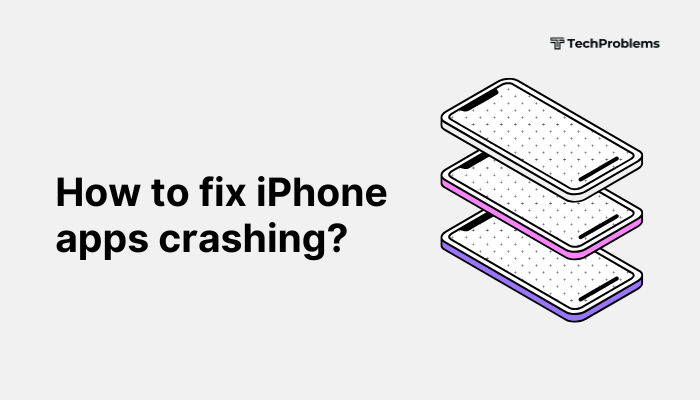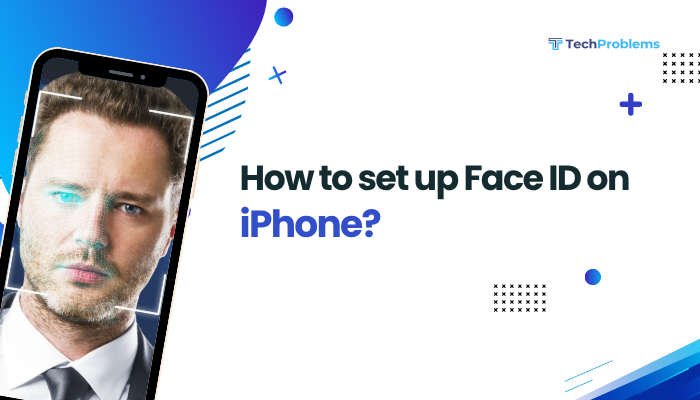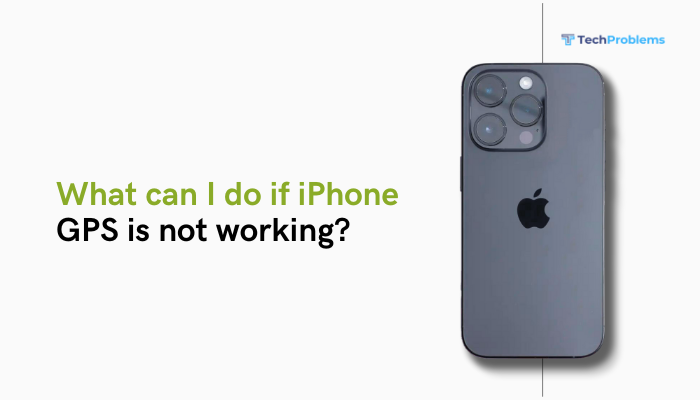Bluetooth is essential for connecting your Android phone to wireless headphones, speakers, fitness trackers, car systems, and more. However, it can sometimes fail to connect, stay paired, or even turn on at all. When your Bluetooth stops working, it can disrupt your daily tasks and create frustration—especially if you’re dependent on wireless connections.
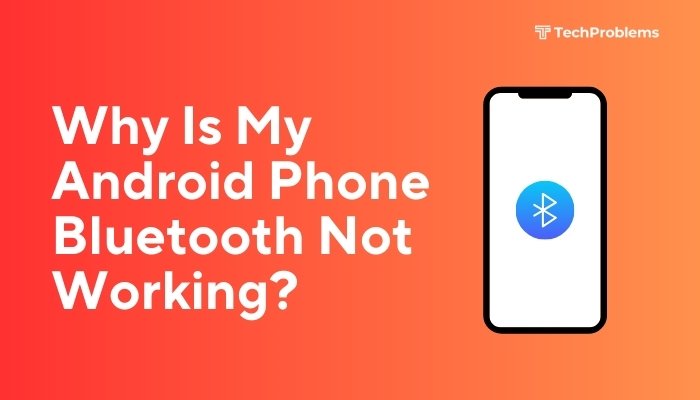
This guide explains the most common causes of Bluetooth issues on Android and offers step-by-step solutions to help you fix them.
Common Bluetooth Problems on Android
Here are the most typical Bluetooth-related issues Android users face:
- Bluetooth won’t turn on
- Can’t find or pair with a Bluetooth device
- Paired devices keep disconnecting
- Bluetooth audio is distorted or lags
- Can’t transfer files via Bluetooth
- Bluetooth crashes or freezes the phone
Common Causes of Bluetooth Not Working
Understanding the root of the issue helps you apply the right fix. Common causes include:
- Bluetooth is turned off or in airplane mode
- Device is out of range
- Conflicts with other wireless settings (e.g., Wi-Fi, NFC)
- Corrupt Bluetooth cache or system files
- Outdated software or firmware
- Low battery on either device
- Hardware issues with the Bluetooth antenna or chip
Step-by-Step Fixes for Android Bluetooth Problems
Ensure Bluetooth Is Turned On
Sometimes, the simplest issues are the easiest to overlook.
Steps:
- Swipe down to access the Quick Settings panel.
- Tap the Bluetooth icon to turn it on.
- Or go to Settings > Connected devices > Connection preferences > Bluetooth and toggle it on.
Make sure your device is visible or set to “pairing mode.”
Restart Your Phone and Bluetooth Device
Temporary glitches can often be resolved with a simple reboot.
Steps:
- Power off your Android phone and the Bluetooth device.
- Wait 10 seconds.
- Power both back on and try pairing again.
Unpair and Re-Pair the Device
If the device is already paired but not connecting properly, removing and reconnecting may solve the problem.
Steps:
- Go to Settings > Bluetooth.
- Tap the gear icon next to the paired device name.
- Select Forget or Unpair.
- Put the Bluetooth device in pairing mode again.
- Reconnect from your Android device.
Ensure the other device is not paired with another phone nearby.
Clear Bluetooth App Cache and Data
Corrupted cache files can block proper Bluetooth functioning.
Steps:
- Go to Settings > Apps > See all apps.
- Tap the three-dot menu > Show system apps.
- Find Bluetooth or Bluetooth Share.
- Tap Storage & cache, then Clear Cache and Clear Storage.
Restart your phone afterward to apply changes.
Check for System Updates
Outdated software can cause Bluetooth compatibility issues or bugs.
Steps:
- Go to Settings > System > System Update.
- Tap Check for updates.
- Download and install if available.
Updates often contain Bluetooth fixes and performance improvements.
Try Safe Mode to Diagnose Conflicting Apps
Some third-party apps may interfere with Bluetooth.
Steps:
- Hold the Power button.
- Tap and hold Power off, then tap OK to boot into Safe Mode.
- Try connecting to Bluetooth again.
If it works in Safe Mode, uninstall recently added or suspicious apps.
Reset Network Settings
This resets all connectivity settings including Wi-Fi, Bluetooth, and mobile data.
Steps:
- Go to Settings > System > Reset options.
- Select Reset Wi-Fi, mobile & Bluetooth.
- Confirm the reset.
You’ll need to reconnect to Wi-Fi and re-pair Bluetooth devices afterward.
Check Bluetooth Device Compatibility
Not all devices support the same Bluetooth protocols. Issues may arise if:
- Your phone uses Bluetooth 5.0 and your device only supports 3.0.
- One device is BLE (Bluetooth Low Energy) while the other is not.
Tips:
- Check device manuals for supported Bluetooth versions.
- Try connecting with another phone to isolate the problem.
Check for Interference or Obstructions
Physical barriers or electromagnetic interference can degrade Bluetooth signal.
Tips:
- Keep the devices within 10 meters (33 feet).
- Avoid obstacles like walls, microwaves, or metal furniture.
- Turn off Wi-Fi, NFC, or location services temporarily to check for conflicts.
Factory Reset (Last Resort)
If none of the above steps work, a full reset may resolve deeply embedded issues.
Steps:
- Backup your data.
- Go to Settings > System > Reset options > Erase all data (factory reset).
- Follow on-screen instructions.
Use this only if all other methods fail and you’re confident it’s a software—not hardware—issue.
Hardware Troubleshooting
If Bluetooth still doesn’t work:
- Try other Bluetooth devices. If none connect, your phone’s Bluetooth module may be faulty.
- Visit a service center to inspect hardware damage—especially if the phone recently fell or got wet.
- Check for warranty if the device is still under coverage.
Tips to Keep Bluetooth Working Smoothly
- Keep both devices updated and charged.
- Avoid pairing too many devices at once.
- Delete unused or old Bluetooth pairings.
- Use trusted Bluetooth accessories with proper certifications.
Pros and Cons of Fixing Bluetooth Yourself
| Fix | Pros | Cons |
| Re-pairing devices | Quick and effective for pairing glitches | May require re-entering settings |
| Clearing cache or resetting | Resolves software corruption | Temporary loss of saved networks |
| Safe Mode | Helps detect app conflicts | Limited access to apps during testing |
| Factory reset | Clears all software issues | Deletes all data—backup is essential |
Conclusion
Bluetooth issues on Android can arise from minor settings glitches, app conflicts, or even hardware failures. By following this guide—from checking settings and clearing cache to restarting and updating—you can resolve most problems yourself.
Start with the simplest fixes like toggling Bluetooth off and on, restarting your devices, or re-pairing. If the problem persists, move on to deeper solutions such as cache clearing or network resets. In rare cases where these don’t help, a factory reset or professional service may be necessary.
With proper troubleshooting and maintenance, you can keep Bluetooth running reliably and enjoy seamless wireless connectivity on your Android device.

